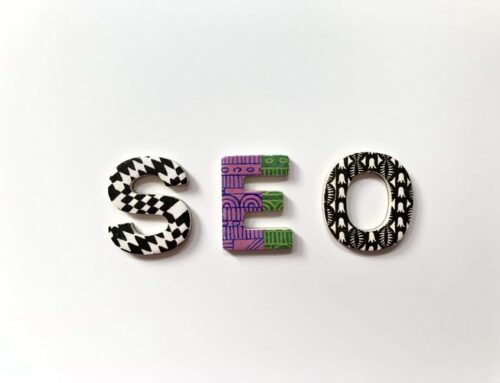Establishing an Online Presence
A small business marketing campaign demands an online presence. A website, blog, and interaction on social media are stepping stones to success, and the benefits of reaching out to your target audience online will continue to materialize well into the future.
Branding a Website
The first item on your small business marketing agenda should be to launch a professional website. This website should incorporate several different components, and ideally, you should have articles optimized for the search engines. These articles should be designed to inform and engage your reader about your industry. If you want to get found by the search engines, SEO will also be a necessary tool to your success.
Utilizing SEO for Small Business Marketing
SEO content is designed to help your website rank on Google, Bing, Yahoo, and the other major search engines, which will turn into lead generation and organic traffic to your website. The benefit of organic traffic is that the users are targeting your specific industry, and this means that they are interested in learning more about your products or services.
Studies show that web users are much more likely to click on ads that have been ranked organically rather than the pay per click ads at the top of the page.
Article Marketing Campaigns
In addition to SEO content for your website, you may also want to consider an article marketing campaign. Submitting articles on your industry to related article directories can make a big difference in terms of offering you back linking opportunities and more exposure.
This type of small business marketing usually requires consistency and patience, as it will not get you to the top of Google in the same way as a pay-per-click ad. However, with consistency, you can get to the top and enjoy a much higher rate of traffic than you would if you had invested in PPC all along.
Small Business Marketing with Social Media Networking
Small business marketing with social media is another very effective strategy to employ. With the use of sites like Twitter, Facebook, LinkedIn, YouTube, and various other networking channels, you can create relationships with your customers, promote your products or services, and develop a following.
Differentiate, Define, and Impress in Any Small Business Marketing Campaign
When marketing your business, keep these strategies in mind:
- Differentiate your business from your competitors in a positive, memorable way.
- Define the benefits (not features) of your products/services, and
- Impress your customers with industry-specific knowledge and expertly drafted content.
Employing these small business marketing strategies will help you increase sales, appeal to your target market, and develop a more profitable business with time and consistency.
*Note about this article: This article is optimized for the term ‘small business marketing.’ The term is used 10 times in a 500-word article – equating to a 2% keyword density. A 1%-2% keyword density is the current industry standard for optimizing content for the search engines. Small business marketing is searched 90,500 times per monthly globally, and there are approximately 108,000,000 results listed on Google for this search. For this industry, the supply/demand ratio is relatively low for this specific keyword phrase.
Written by: Lauren Wilkison





 CERTIFIED EXPERT
CERTIFIED EXPERT